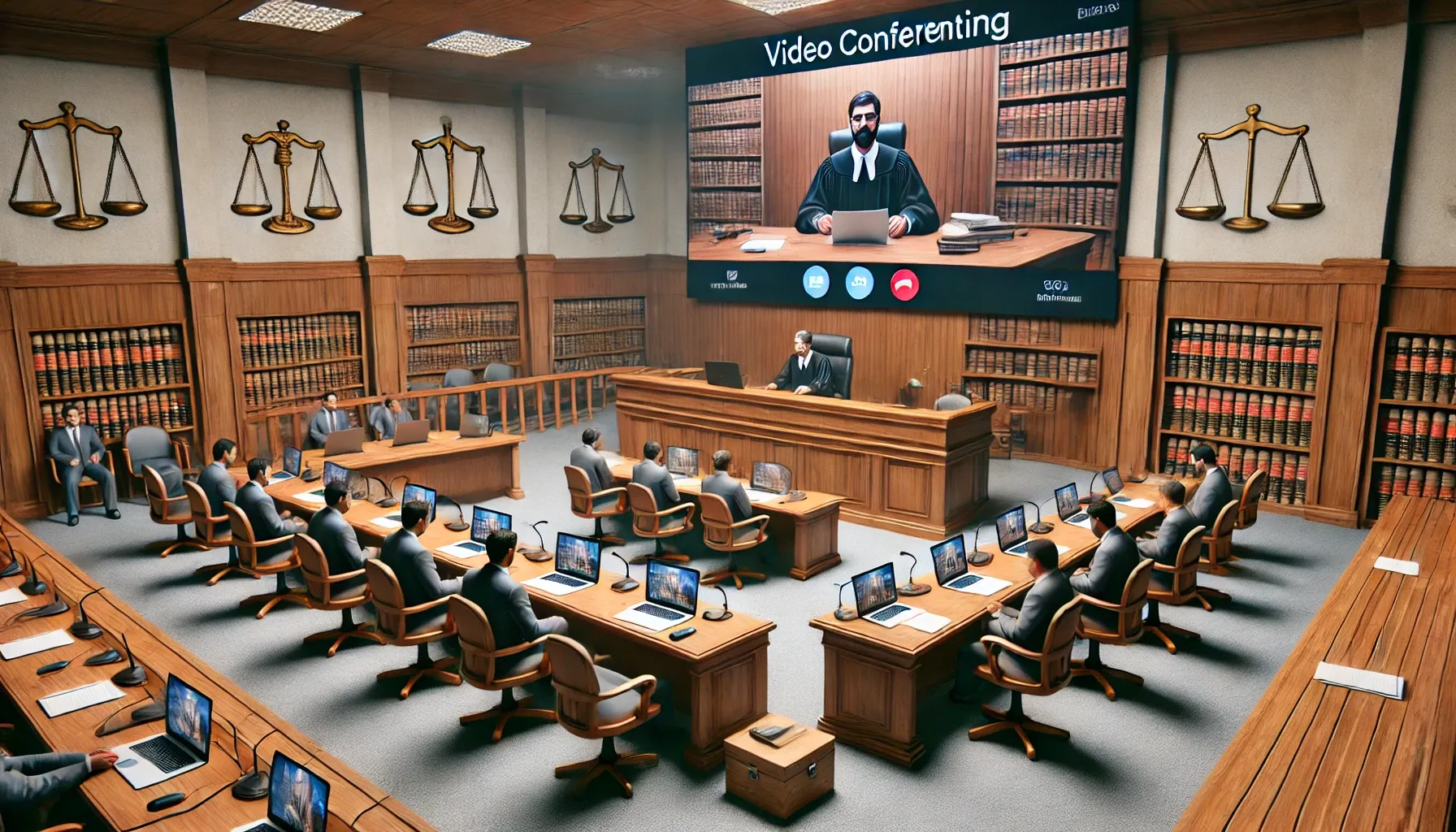The Bombay High Court will enforce new video conferencing rules for judicial hearings from December 29, modernizing processes while emphasizing security, privacy, and accessibility across Maharashtra and beyond.

Starting December 29, 2024, the Bombay High Court will enforce its new video conferencing rules, designed to modernize judicial processes in Maharashtra, Goa, and the Union Territories of Daman and Diu and Dadra and Nagar Haveli. Published in the gazette on December 19, 2024, the rules, titled High Court of Bombay Rules for Video Conferencing for Courts 2022, aim to streamline remote court hearings across various judicial and quasi-judicial bodies.
Scope and Applicability
- These rules will apply to:
- Family Courts
- Labour and Industrial Courts
- Co-operative Courts
- Motor Accident Claims Tribunals
- School Tribunals
Official Judicial Proceedings
- All video conference hearings will be recognized as official judicial proceedings.
- Identity Verification: Participants must submit government-issued ID proof via email or provide personal details if unavailable.
- Security: Unauthorized recording of proceedings is strictly prohibited.
Technical Coordination
- Designated Coordinators will oversee technical operations to ensure smooth proceedings. Responsibilities include:
- Confirming system readiness 30 minutes before hearings.
- Preventing the presence of unauthorized recording devices.
- Ensuring stable internet connections and operational equipment.
- Facilities used for remote hearings must guarantee privacy and compliance with security protocols.
Remote Participation and Testimonies
- Provisions for:
- Witnesses located abroad or in custody to testify via secure video links coordinated with local authorities or Indian consulates.
- Judicial remand, framing of charges, and proceedings under Sections 164 and 313 of the CrPC to be conducted remotely, with safeguards against coercion or undue influence.
- Written justification is required for granting judicial or police remand via video conferencing in exceptional circumstances.
Requesting a Video Hearing
- Process:
- Submit a formal request in a prescribed format after consulting other parties.
- Provide relevant documents electronically in advance to facilitate preparation.
- Costs associated with video conferencing, including technical expenses, will generally be borne by the requesting party unless the court orders otherwise.
READ ATTACHMENT:





